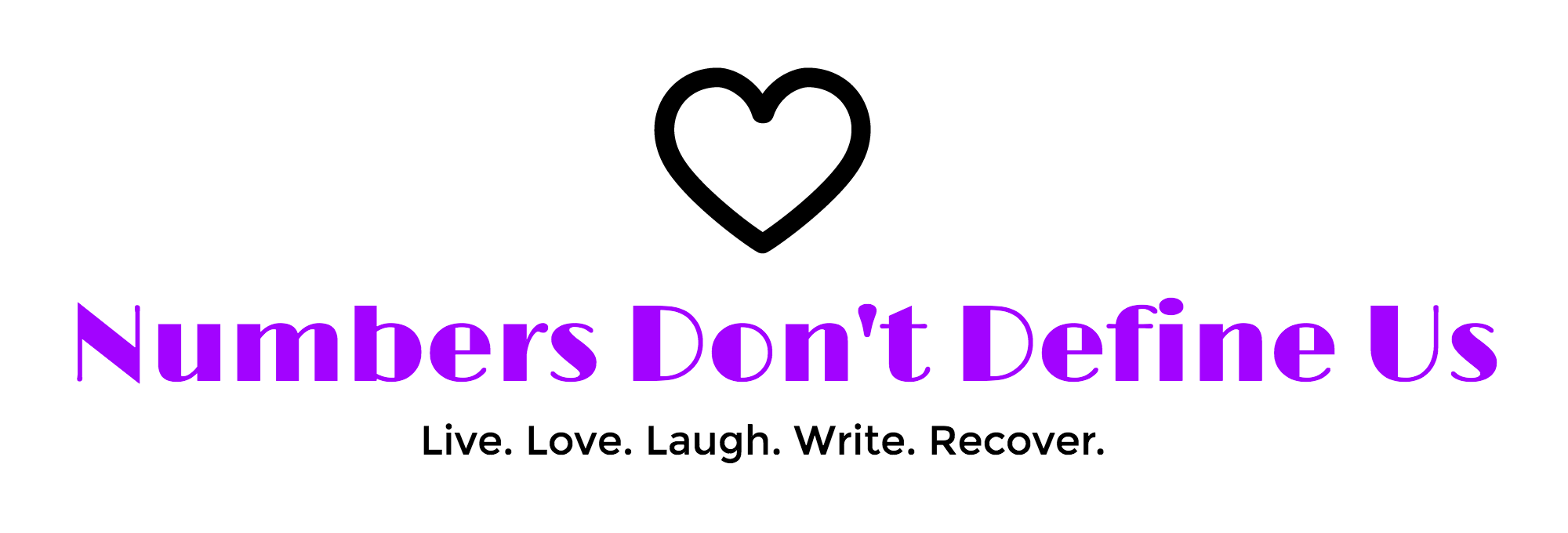Responsibility, Accountability, & Ownership in Recovery
When faced with an impending future suffused with new freedoms, one can either sink—fall victim to the overwhelming responsibilities concomitant to a less restricted lifestyle—or swim—maybe still struggling and treading slightly, but never losing sight of the gross accountability breeded by independence. Now, the night before I leave for college, I am thinking of the newfound liberty I will soon encounter….no longer will I be told, “Simran, take another spoonful of pasta” or “Make sure to compensate after working out.” No longer will my actions be judged by a well-meaning eye from a discreet distance. No longer will I have the safety net built directly from the nudging beaks of my parents to fall back on for support. Now, instead, I will have to inherit the role of the watchful guard. I will have act as my own back-up cushion. And with these new roles, I will have to accept that with power and liberty comes responsibility and accountability….and if I fail to keep up with these foreign tasks, the consequences due to negligence are on me. Me and no one else.
In recovery, we are often quick to shift blame on anything or anyone other than ourselves. We say, “I am the way that I am because my mom was always so weight-conscious” or “I didn’t eat dessert because my stomach was killing me.” Instead of us being at fault, it’s our mother or our aching organs. And although the development of our disorder was in no way, shape, or form our fault, we need to accept, embrace, and learn from the inevitable faults we make in the midst of our recovery process. For only when we pause and realize that we still have progress to make are we able to begin the journey to fulfilling our genuine self-potential.
So, I guess I’m trying to say this: especially when you are on your own—when at the end of the day the person you have to rely on most to maintain recovery is staring back at you in the mirror—you have to accept head-on that part of the maturation process includes taking ownership for your actions. Because although it may not have been your fault for becoming afflicted with mental illness however long ago, you are the only person who can make sure you heal to a better and brighter place. And being the only person who can do this, you are not only powerful, but the sole possessor of a multitude of responsibilities and concomitant ramifications.
